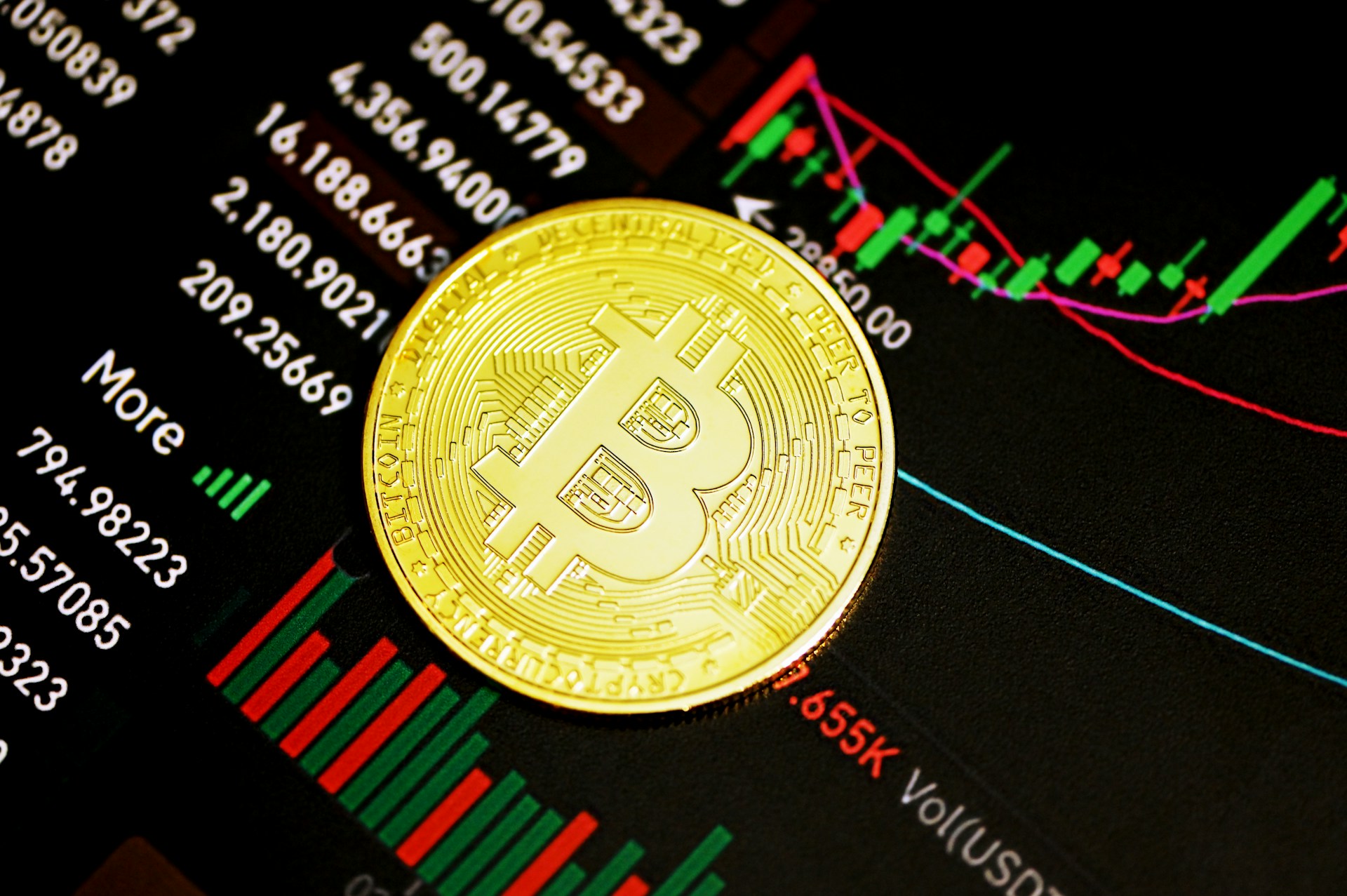ARTICLE AD
According to the research, Bitcoin is now responding directly to activities in the US stock market, especially because of spot ETF trading.
A South Korean cryptocurrency researcher claims that stock traders in the United States are significantly influencing the price and changes in Bitcoin (BTC). According to Kim Min-seung, the lead at Korbit crypto exchange’s Research Center, activity in the traditional market is exerting quite the influence on Bitcoin.
Min-seung noted that different factors are now responsible for changes in the Bitcoin market. In the past, prices fluctuated based on several macro market factors typical of the Bitcoin sector. These include crypto and non-crypto factors, such as mining activity, government policies, wars, interest rates, and big investors.
ETF Leading Traditional Stock Market Influence on Bitcoin Price
The researcher has now noted that the United States Securities and Exchange Commission’s (SEC) decision to approve spot Bitcoin exchange-traded funds (ETFs) has ushered in a new market dynamic, which sees BItcoin directly reacting to movements made by stock market traders. According to the researcher, analysts have now found that Bitcoin is sensitive to trends in the spot BTC market.
Min-seung points out that the new dynamic is now so strong that trading bots are mirroring stock market activity. He says that bots in Asia and several other jurisdictions are taking and leaving Bitcoin positions, buying and selling according to patterns noticed from stock and ETF trading.
“Over the past few months, Bitcoin tends to rise or fall during US stock market trading hours. Those same trends are being repeated during Asian market hours. BTC spot ETF approval seems to be behind this,” explained he.
Furthermore, Min-seung says analysts have noted a similar pattern in futures markets, with corresponding liquidations of short and long positions. Nonetheless, he believes more institutions will join the market to get in on the action. This could increase the correlation between Bitcoin price movements and the traditional ETF market.
New South Korean Exchange Rules
In South Korea, the Bitcoin market features several retail investors instead of corporations. Although institutional players are interested, they do not yet have regulated access. The country’s financial authorities have recently faced centralized cryptocurrency exchanges (CEXs) and are looking to impose stringent rules on their operations starting next month.
For instance, the rules require crypto exchanges based in South Korea to avoid listing tokens connected with projects that have suffered some form of exploit in the past. The only exception is a project that has undergone a thorough investigation into the cause of the exploitation and has implemented adequate security measures. In addition to this, foreign exchanges looking to serve the South Korean market must publish whitepapers or manuals specifically written or designed for citizens.
South Korean authorities will now have the power to order an exchange to delist a token if the issuer does not provide comprehensive information or fails other disclosure requirements. This order may also take effect if there are any differences in actual token issuance or circulation volume.
As of this writing, Bitcoin is trading at $70,866 after climbing nearly 7% in 7 days and more than 2% in 24 hours.

 8 months ago
45
8 months ago
45 

